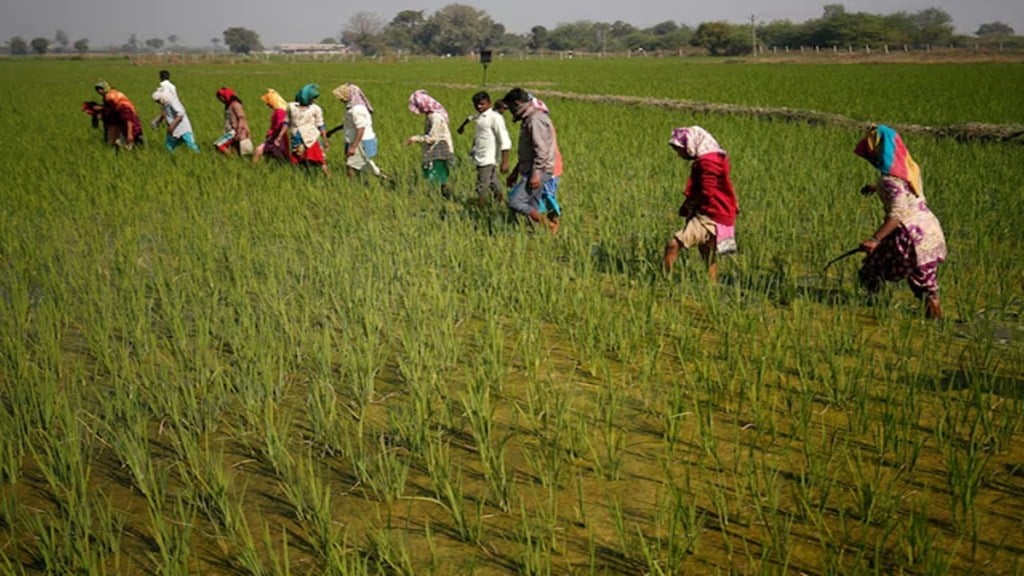Budget 2025 will be presented at a time when farmers are staging a year-long protest on the Punjab-Haryana border. All eyes will be on to how it addresses the issues troubling the farmers who are restive as cultivation at the margin is increasingly unviable due to costlier inputs. Agriculture is also exposed to the vagaries of climate change and extreme weather. Farming thus entails growing risks but yields meagre returns. Farmers have been agitating for a legal guarantee for minimum support prices (MSPs) to shore up their incomes, among other demands. The finance ministry has had pre-Budget consultations with farmer representatives, and sought their feedback on government initiatives and what more can be done to improve productivity and resilience of the agricultural sector. They have demanded a review of the MSP regime, doubling PM-Kisan income support, cheaper long-term credit, and scrapping the goods and services tax on various agricultural inputs. The agriculture minister has also had pre-Budget discussions with farmer representatives and a review meeting with state agricultural ministers.
Budget 2025, however, is unlikely to announce a legal guarantee for the MSP regime due to its huge fiscal cost and the fact that it imparts a cost-plus determination to prices that is inflationary. What will most likely be announced are measures to improve farmer incomes and developing greater climate resilience in agriculture. A case in point is addressing the price gap between what farmers receive for their produce and what the consumer pays. For fruits and vegetables, they typically receive a third of what the consumer pays while it goes as high as 75-80% for milk, thanks to the cooperative movement and private sector dairies. Can’t this be done also for fruits and vegetables? Leading agricultural economist Ashok Gulati has recommended the creation of a separate board on the lines of the National Dairy Development Board for fruits and vegetables. Prime Minister Narendra Modi has also recently stated that five-six more cooperatives are needed to ensure better prices for farmers. If Budget 2024 indicated that the government would bring out a national cooperation policy, the forthcoming Budget is likely to make an announcement in this regard.
Measures to improve climate resilience are also expected as temperatures are rising and the southwest monsoon is increasingly wayward. Stepping up R&D in agriculture is imperative from less than 0.5% to at least 1% of agri-GDP. Budget 2024 indicated that the government will undertake a comprehensive review of agricultural research to bring the focus on raising productivity and developing climate-resilient varieties, and that funding will be provided in a challenge mode, including to the private sector. The forthcoming Budget is expected to make good on this intention by stepping up outlays for agri R&D in real terms to ensure that more high-yielding and climate-resilient varieties are released to farmers.
Budget 2025 will also feature Digital India initiatives that use technology to deliver services to farmers. Over 10 million IDs have been created as part of the Agristack project. The union ministry of agriculture’s national policy framework for agricultural marketing calls for barrier-free trade in agricultural produce under a uniform pan-Indian framework. The only problem, however, is that the agitating farmers are unenthusiastic as they feel that it’s an attempt to introduce through the back door farm legislation that the government backtracked on. The tenacity of demands for guaranteed MSPs is bound to influence their response to the Budget.
